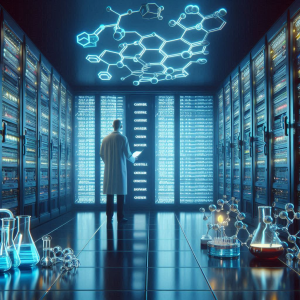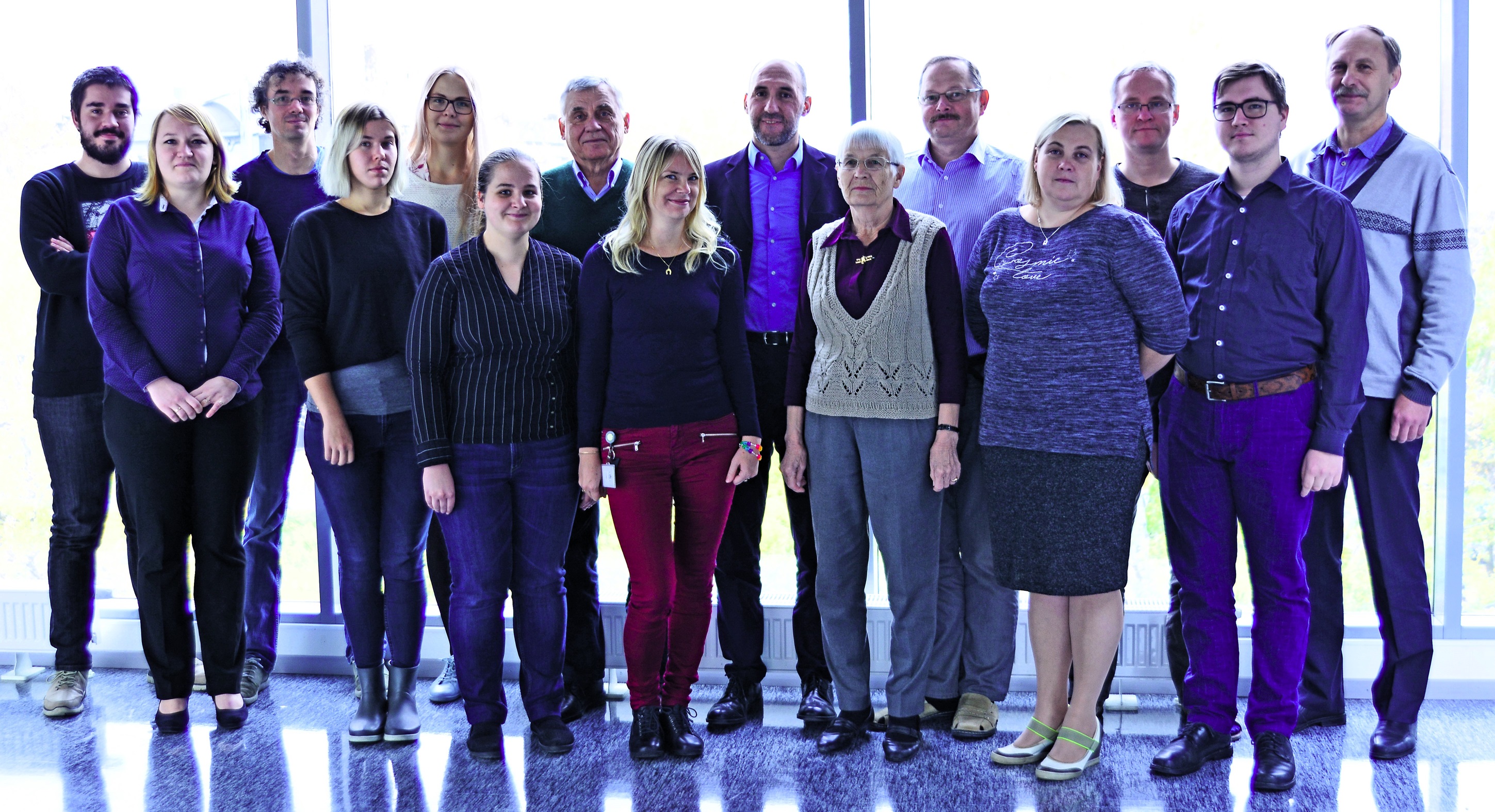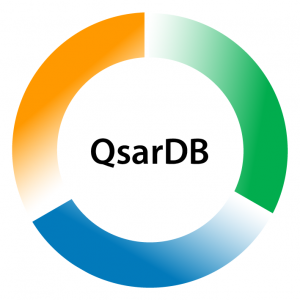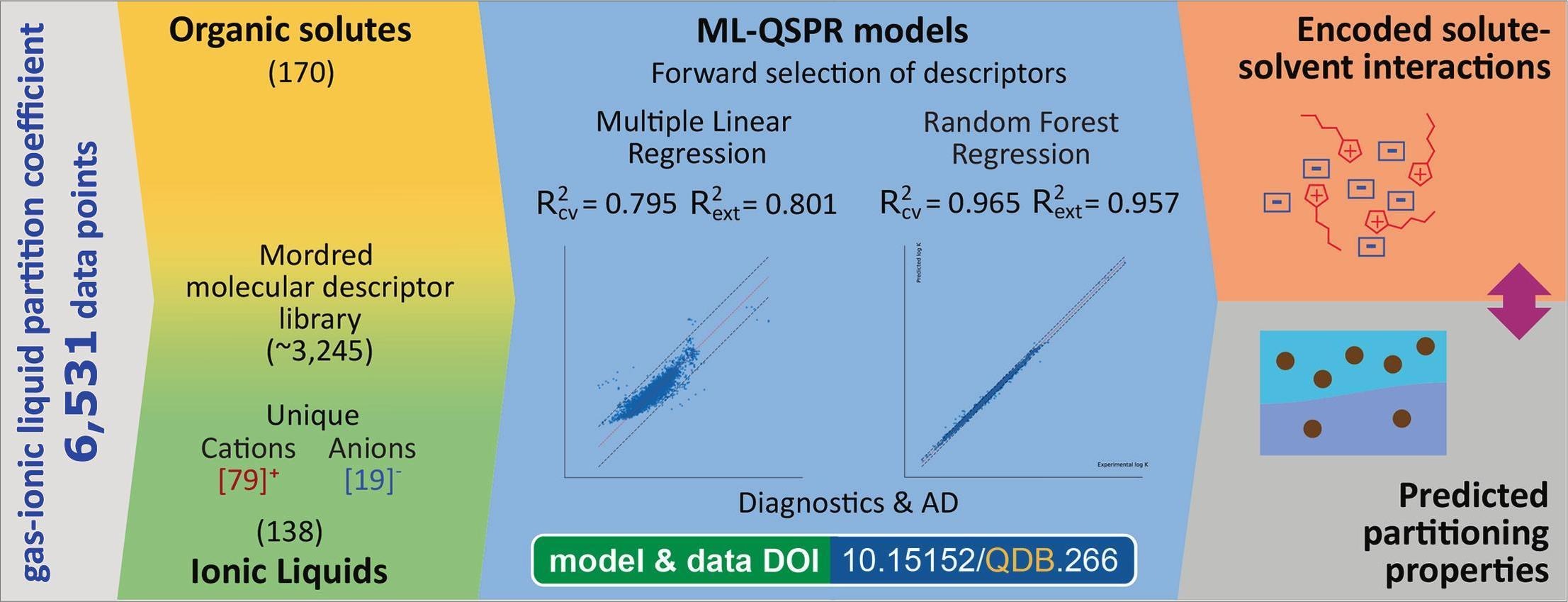
Karl Marti Toots kaitses doktoritöö, mis aitab paremini mõista ja hinnata orgaaniliste lahustunud ainete käitumist ioonvedelikes
Tartu Ülikooli keemia instituudis kaitstud doktoritöös uuriti keemiainformaatika ja masinõppe meetoditega orgaaniliste lahustunud ainete jaotumist gaas-ioonvedelik keskkonnas. Esimest korda näidati arvutusmudelite abil soluudi gaas-ioonvedelik jaotusteguri sõltuvust ioonvedeliku ioonsetest osadest j...
Jätka lugemist...








